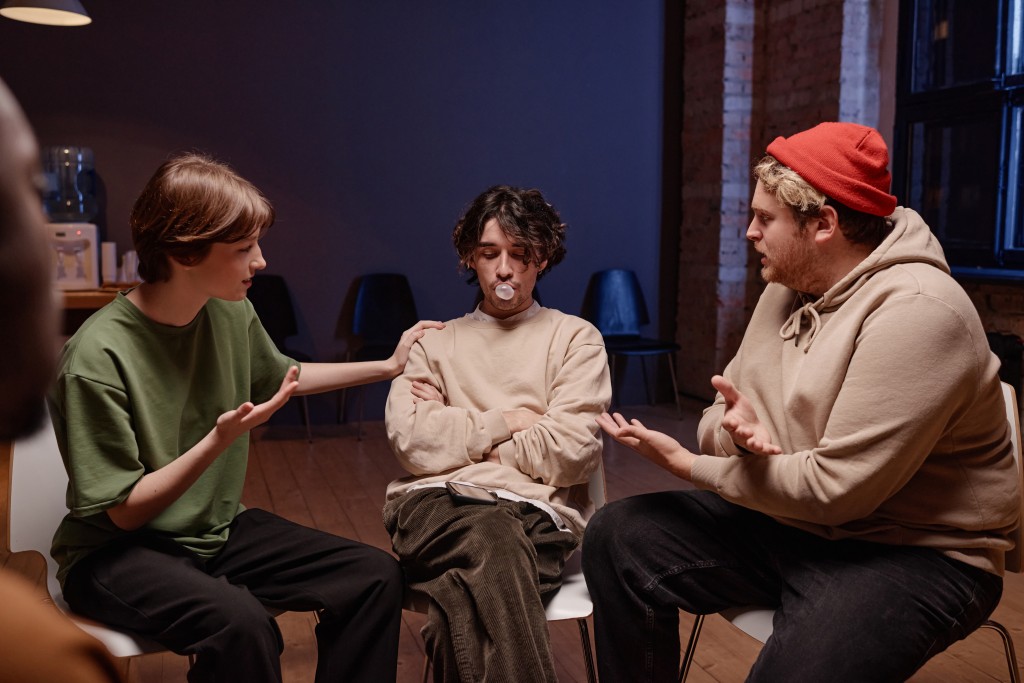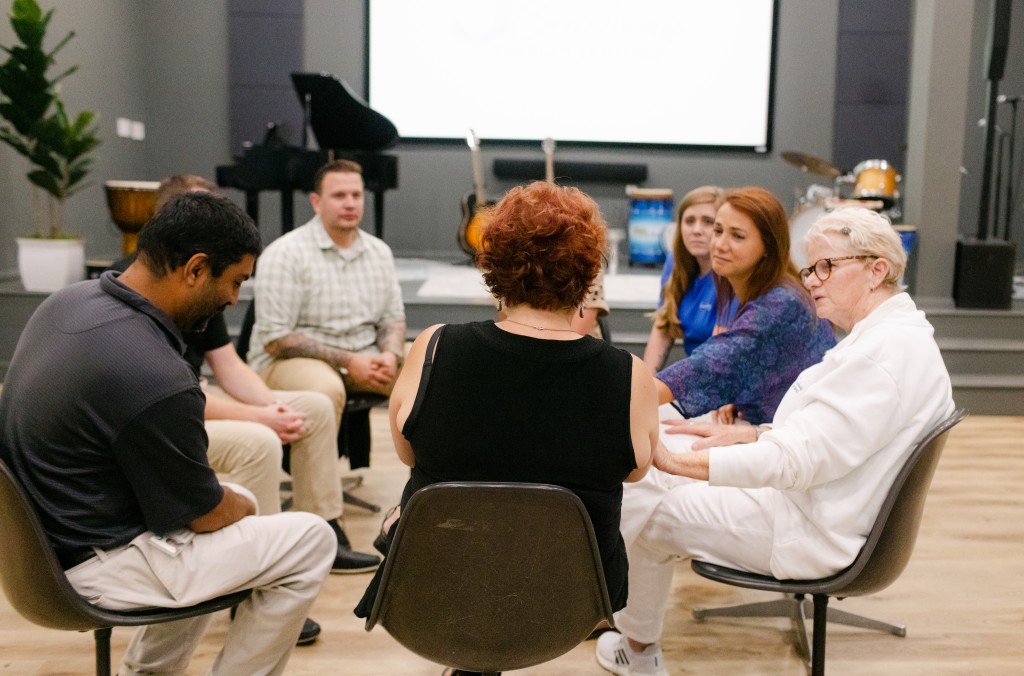Jacob Levy Moreno was a Viennese psychiatrist who originally developed psychodrama therapy. He believed that an individual’s capacity for creativity and spontaneity makes them the co-creators of their universe.
He posited that a person’s strength resides in his or her own uniqueness. Therefore, the less we allow ourselves to hide our uniqueness to conform, the truer we are to our authentic selves, which allows us to connect with others on a real, deep, and authentic level. The process of psychodrama therapy activities is specifically designed to help bring people closer to this authentic state. That state allows for spontaneity and creativity that can improve one’s life.










